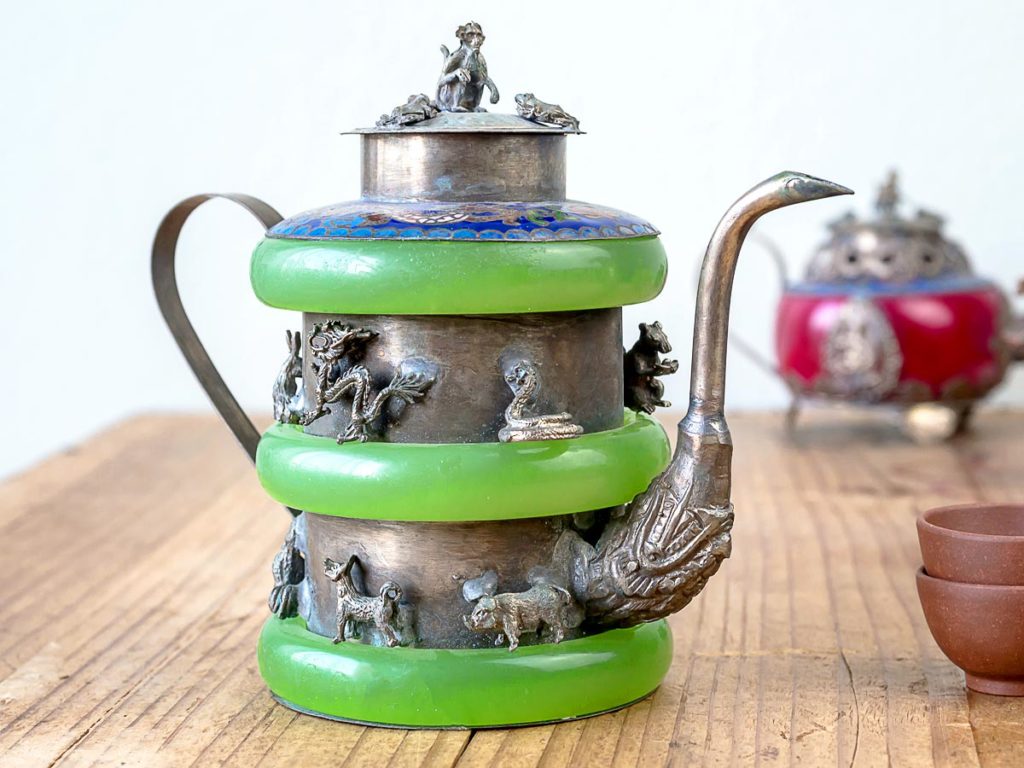When it comes to exquisite artifacts, antique jade is always an excellent choice. Jade pieces make revered collectibles because they are packed with historical significance as well as possessed of an inherent beauty.
Other historical collectibles are beautiful only to the owner, or are understood to be valuable only once their history is known. In contrast, antique jade pieces are beautiful at first glance. They captivate the eye and imagination, and will be immediately admired. This admiration will only grow once their historical significance is understood.
Many types and uses of antique jade
Revered by many cultures, jade has been made into some of the most beautiful and intricate pieces of art out there. It has been carved into everything from weapons and statues to finely detailed boxes and jewelry.
Gold Jade Jewelry: Unique Meets Exquisite
In addition to the stunning art work it is made into, jade possess its own inherent beauty. It comes in a variety of colors from the brilliant emerald of imperial jade to the leek green appearance of Russian jade. This stone can range from a dark green to a milk white and even comes in pink, yellow, purple, and black in its rarer forms.
Chinese jade is known as the “emperor’s stone” due to its value in that culture. Jade is often associated with China due to its long history; most Chinese eras have elevated the stone. There is even an old Chinese proverb which states “gold has a price; jade is priceless”. Some scholars have speculated that Chinese civilization was built around the crafting and trade of jade. Chinese emperors used to speak to their gods through jade disks. Today it’s still used in everything from religious symbols to medicine.
Browse 272 current Antique jade for sale offers here
Antique jade pieces are always unique. Each one has its own story and individual historical significance. Additionally, jade is a stone which varies in both color palette and texture. This combination makes each antique piece a unique historical object and a stunning work of art.











